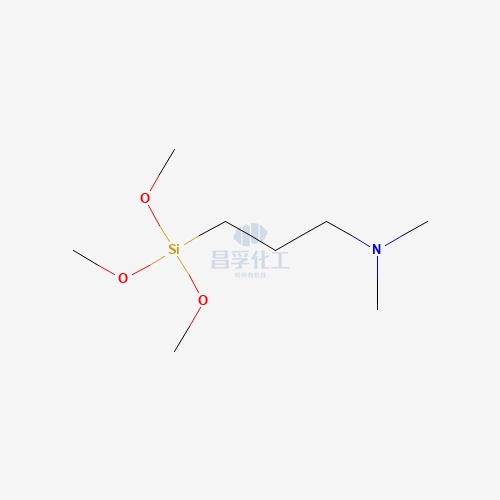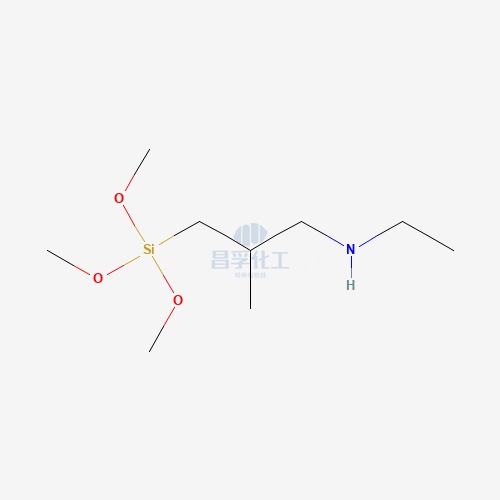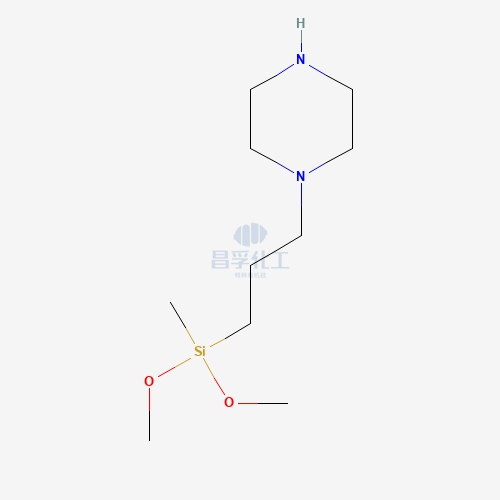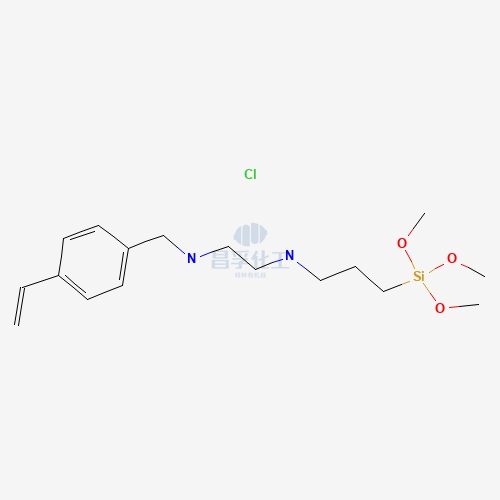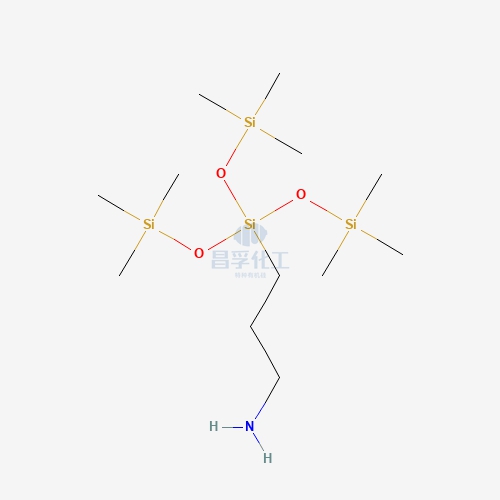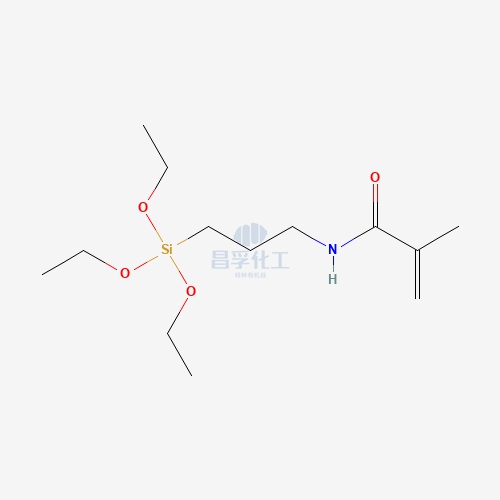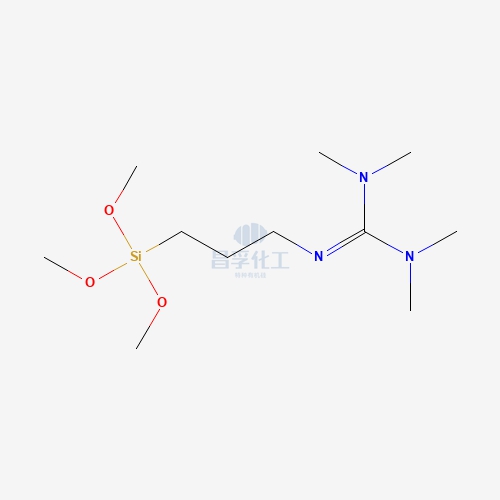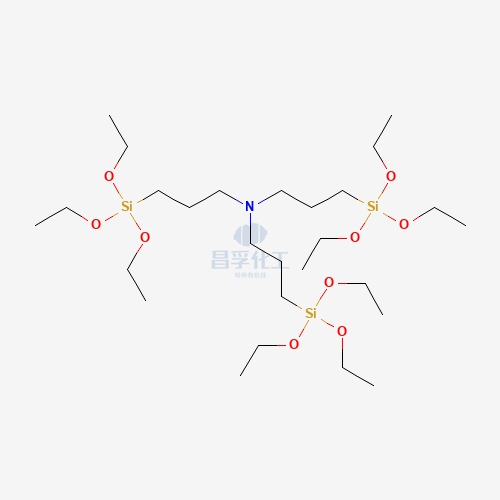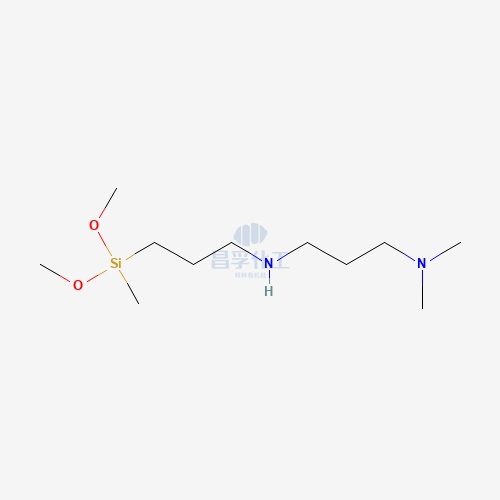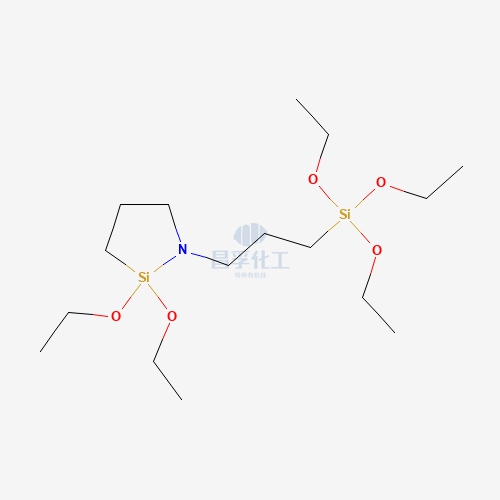
Contact Changfu Chemical Now!
+86 27 8439 6550 | +86 181 6277 0058
Exploring Silicone Membranes: Properties, Types, and Uses
Silicone membranes have emerged as a vital material in various industries due to their unique properties, versatility, and adaptability. These flexible and durable membranes are made from silicone, a synthetic polymer renowned for its stability, heat resistance, and biocompatibility. From medical devices to industrial applications, silicone membranes play a crucial role in many advanced technologies. Their ability to withstand extreme environments while maintaining flexibility has led to widespread use across fields such as healthcare, food processing, electronics, and more.

Introduction to Silicone Membranes
Silicone membranes are thin, flexible sheets made from silicone elastomers. These materials offer remarkable chemical and thermal stability, making them highly suitable for a variety of demanding environments. Silicone membranes are typically used to separate, protect, or control the movement of gases, liquids, or solids in diverse silicone applications. They can be found in industries like healthcare, pharmaceuticals, food processing, and environmental technologies, among others.
The increasing demand for high-performance materials in critical applications has made silicone membranes a go-to choice for many industries. Their unique ability to maintain performance under pressure, combined with their biocompatibility, has made them an essential component in many advanced technologies.
The Unique Properties of Silicone Membranes
What sets silicone membranes apart from other materials is their combination of properties, making them exceptionally versatile. Some of the key characteristics of silicone membranes include:
Thermal Stability: Silicone membranes can withstand extreme temperatures, ranging from as low as -100°C to over 300°C without losing flexibility or strength.
Chemical Resistance: They are highly resistant to a wide range of chemicals, including acids, bases, and solvents, making them suitable for various industrial and laboratory settings.
Biocompatibility: Silicone membranes are non-toxic and biocompatible, meaning they can be used safely in medical devices, implants, and other healthcare products.
Gas and Liquid Permeability: Silicone membranes allow selective passage of gases or liquids while blocking others, which is crucial in applications like filtration and separation processes.
Durability and Flexibility: These membranes retain their mechanical properties under stress, compression, or flexing, making them long-lasting and reliable even in harsh conditions.
These characteristics make silicone membranes essential in various silicone applications that require materials to perform consistently under challenging conditions.
Types of Silicone Membranes
Silicone membranes are versatile materials that come in different types, each designed to meet specific application requirements. The variations in silicone membranes are generally based on factors such as thickness, porosity, and the inclusion of functional additives that enhance their performance in particular environments. These membranes are widely used across different industries due to their unique properties, including flexibility, durability, and resistance to extreme temperatures.
Solid Silicone Membranes: One of the most common types is solid silicone membranes. These membranes are completely non-porous, meaning they do not allow the passage of liquids or gases, making them ideal for applications where impermeability is crucial. They are frequently employed in sealing or barrier applications, such as in the aerospace, automotive, and electronics industries, where they act as a protective layer against environmental contaminants.
Porous Silicone Membranes: Another type is porous silicone membranes, which are designed with controlled porosity. These membranes allow gases or liquids to pass through, making them suitable for filtration and separation processes. Their ability to selectively allow the flow of substances while blocking others makes them invaluable in medical devices, water treatment systems, and gas separation technologies.
Perforated Silicone Membranes: Perforated silicone membranes feature small, uniform holes that enable specific types of filtration or separation. These membranes are often used in laboratory equipment and the food industry, where they allow precise control over the passage of liquids or particles.
Composite Silicone Membranes: Lastly, composite silicone membranes consist of silicone combined with other materials to enhance certain characteristics, such as strength or chemical resistance. These membranes are ideal for more demanding applications, where increased durability or specialized resistance to harsh chemicals is required.
By offering these distinct variations, silicone membranes provide industries with the flexibility to select the most suitable solution for their needs.
Uses of Silicone Membranes
1.Medical and Healthcare Uses of Silicone Membranes
Silicone membranes play a vital role in the medical and healthcare sectors, where biocompatibility and safety are paramount. These membranes are used in a wide range of medical devices, including:
Medical Implants: The biocompatibility of silicone membranes makes them ideal for use in long-term implants like pacemakers, artificial joints, and stents.
Wound Dressings: Silicone membranes are commonly used in advanced wound care products to provide a protective yet breathable layer that promotes healing while preventing infection.
Dialysis and Filtration Devices: Due to their selective permeability, silicone membranes are essential in devices that filter waste products from the blood in dialysis treatments.
The adaptability of silicone membranes in the medical field has made them indispensable for patient care and treatment.
2.Silicone Membranes in Food and Beverage Industry
In the food and beverage industry, silicone membranes are used for a variety of applications, particularly in food processing and packaging. Their resistance to high temperatures, flexibility, and safety for contact with food make them ideal for the following:
Food Packaging: Silicone membranes serve as barriers to moisture and air, preserving the freshness and shelf life of packaged food items.
Filtration Systems: In beverage production, silicone membranes are used to filter liquids like beer, wine, and juices, ensuring purity and consistency.
Food Processing Equipment: Silicone membranes provide safe and reliable sealing solutions in high-temperature cooking and processing equipment.
Silicone’s inert nature makes it a preferred material for applications involving direct contact with food and beverages, ensuring that no contaminants leach into the products.
3.Role in Electronics and Semiconductors
The electronics industry relies heavily on silicone membranes for several key functions. In particular, these membranes are used for insulation, protective barriers, and as components in various electronic devices. Some of the key silicone applications in electronics include:
Insulation: Silicone membranes act as insulating barriers in electronic components, protecting against heat and moisture.
Thermal Management: Due to their heat resistance, silicone membranes are used to manage heat in devices like computers, smartphones, and LED lights.
Protective Coatings: Silicone membranes are used to create protective layers for delicate electronic circuits, safeguarding them from environmental damage and extending their lifespan.
In the rapidly evolving electronics industry, silicone membranes offer the flexibility and durability needed to keep pace with technological advancements.
4.Environmental and Filtration Applications
One of the most significant applications of silicone membranes is in environmental and filtration technologies. These membranes are used in processes that involve the separation of gases or liquids, such as:
Water Filtration: Porous silicone membranes are employed in filtration systems to remove contaminants from water, making them essential in both industrial and municipal water treatment plants.
Gas Separation: In environmental monitoring and industrial gas separation, silicone membranes selectively allow the passage of certain gases while blocking others.
Air Purification: Silicone membranes are used in air filtration systems to remove harmful particles and gases from the air, improving air quality in both residential and industrial environments.
Their chemical resistance and durability make silicone membranes an ideal choice for filtration in demanding environments.
Advantages of Using Silicone Membranes
Silicone membranes offer a range of advantages that make them highly valuable across various applications. One of the most notable benefits is their ability to function effectively across a wide temperature range. Whether exposed to extreme heat or cold, silicone membranes maintain their mechanical properties, ensuring reliable performance in diverse environmental conditions. This thermal stability is crucial for applications requiring consistent operation despite fluctuating temperatures.
Another significant advantage is their chemical inertness. Silicone membranes exhibit exceptional resistance to a wide array of chemicals and solvents, making them ideal for use in industries where exposure to harsh substances is common. This property helps prevent degradation and maintains the integrity of the membrane in challenging environments.
Durability is also a key benefit of silicone membranes. They are known for their long service life and resilience, which translates to reduced replacement frequency and lower long-term costs. Their robustness ensures they can withstand wear and tear, making them a cost-effective choice for various applications.
Additionally, silicone membranes are highly versatile. They come in a wide range of types and can be customized to meet the specific requirements of different industries, from medical and automotive to aerospace and manufacturing. This versatility, combined with their durability and chemical resistance, contributes to the growing adoption of silicone membranes in both commercial and industrial settings.
Challenges in Silicone Membrane Technology
Despite their many advantages, silicone membranes face several challenges:
Cost: High-quality silicone membranes can be expensive, particularly for industries looking for cost-efficient solutions.
Permeability Limitations: While silicone membranes are great for selective permeability, they may not always provide the level of precision required for certain applications.
Customization: Developing specialized silicone membranes for specific applications can be time-consuming and costly, requiring precise engineering.
Addressing these challenges will be key to the continued expansion of silicone membranes in new and existing markets.
Future Trends in Silicone Membrane Applications
Looking ahead, the demand for silicone membranes is expected to rise across various industries. Key trends include:
Sustainability: As industries shift toward more sustainable materials, silicone membranes will likely play a crucial role due to their longevity and environmental benefits.
Miniaturization: As devices become smaller, thinner silicone membranes will be required for applications like electronics and medical devices.
Enhanced Customization: The ability to design membranes tailored to specific applications will become increasingly important, particularly in niche markets.
These trends indicate that silicone membranes will continue to be a vital material in the future of many industries.

Conclusion
Silicone membranes offer a wide array of properties that make them ideal for various applications across industries. From medical devices to environmental filtration and electronics, their versatility, durability, and adaptability have made them essential components in modern technology. As we explore the expanding scope of silicone application, it's clear that silicone membranes will remain at the forefront of innovation, contributing to advancements in multiple fields and powering the future of many industries.
Popular Silicon Compounds
Popular Silicon Compounds
Related News & Blog
Related News & Blog
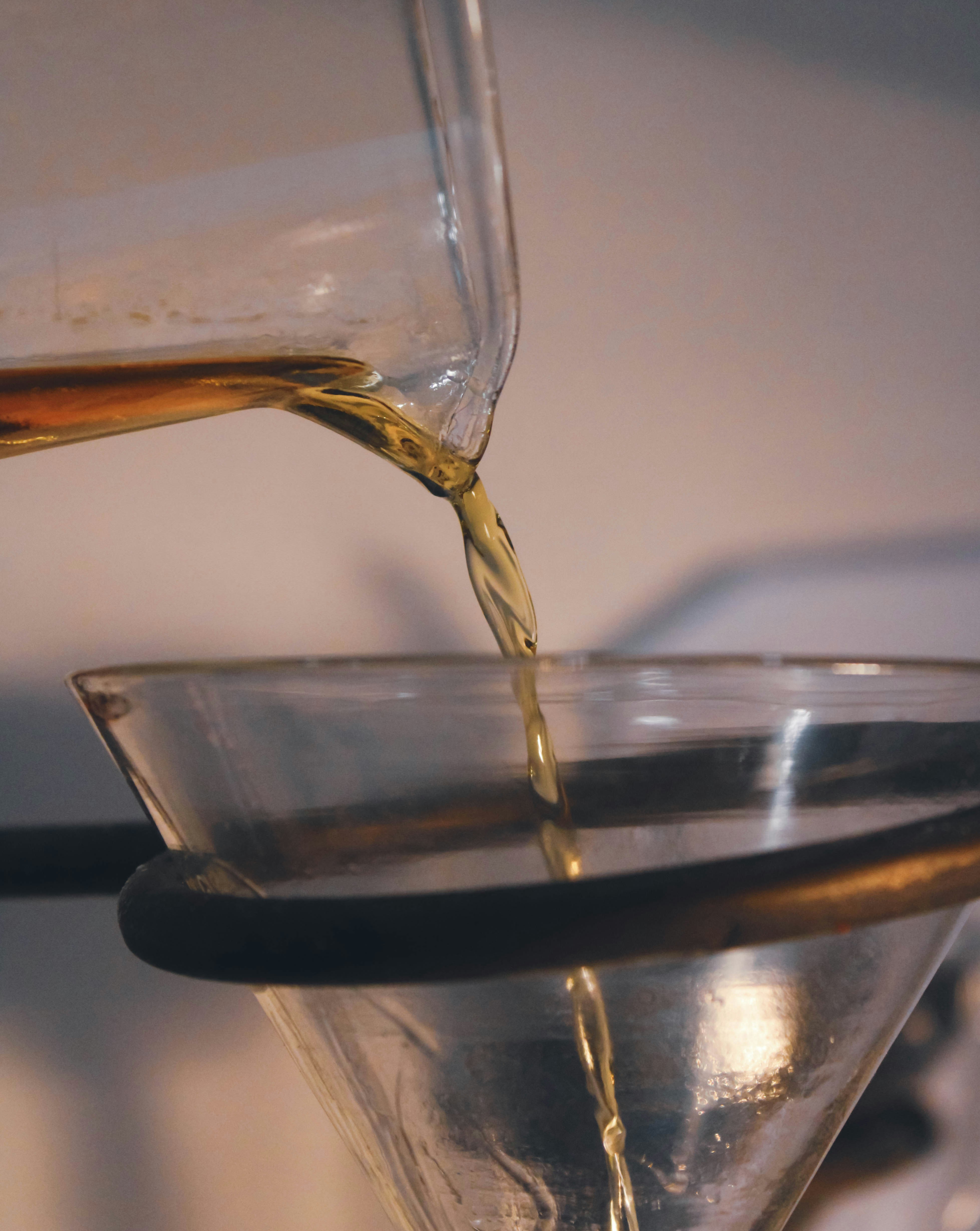

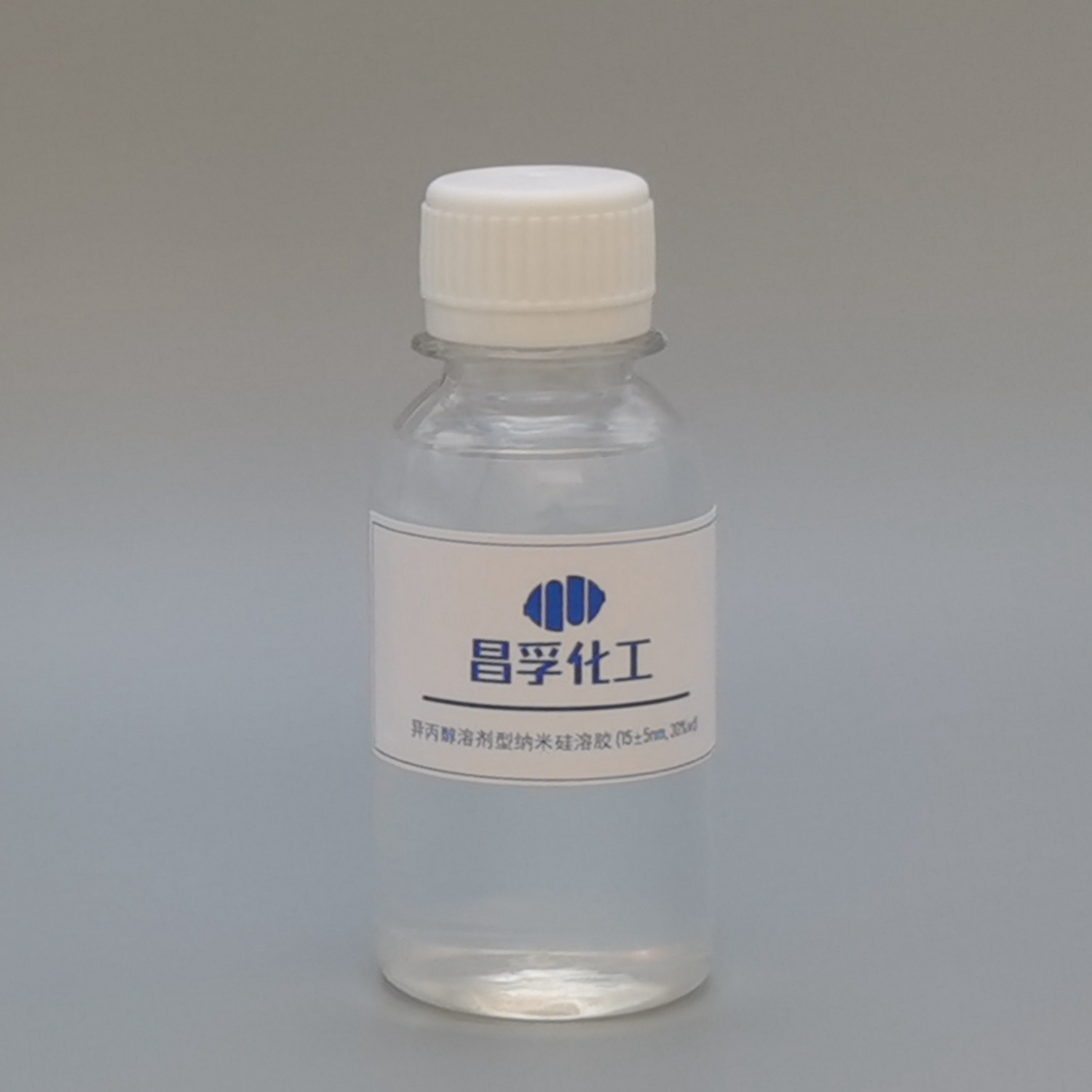
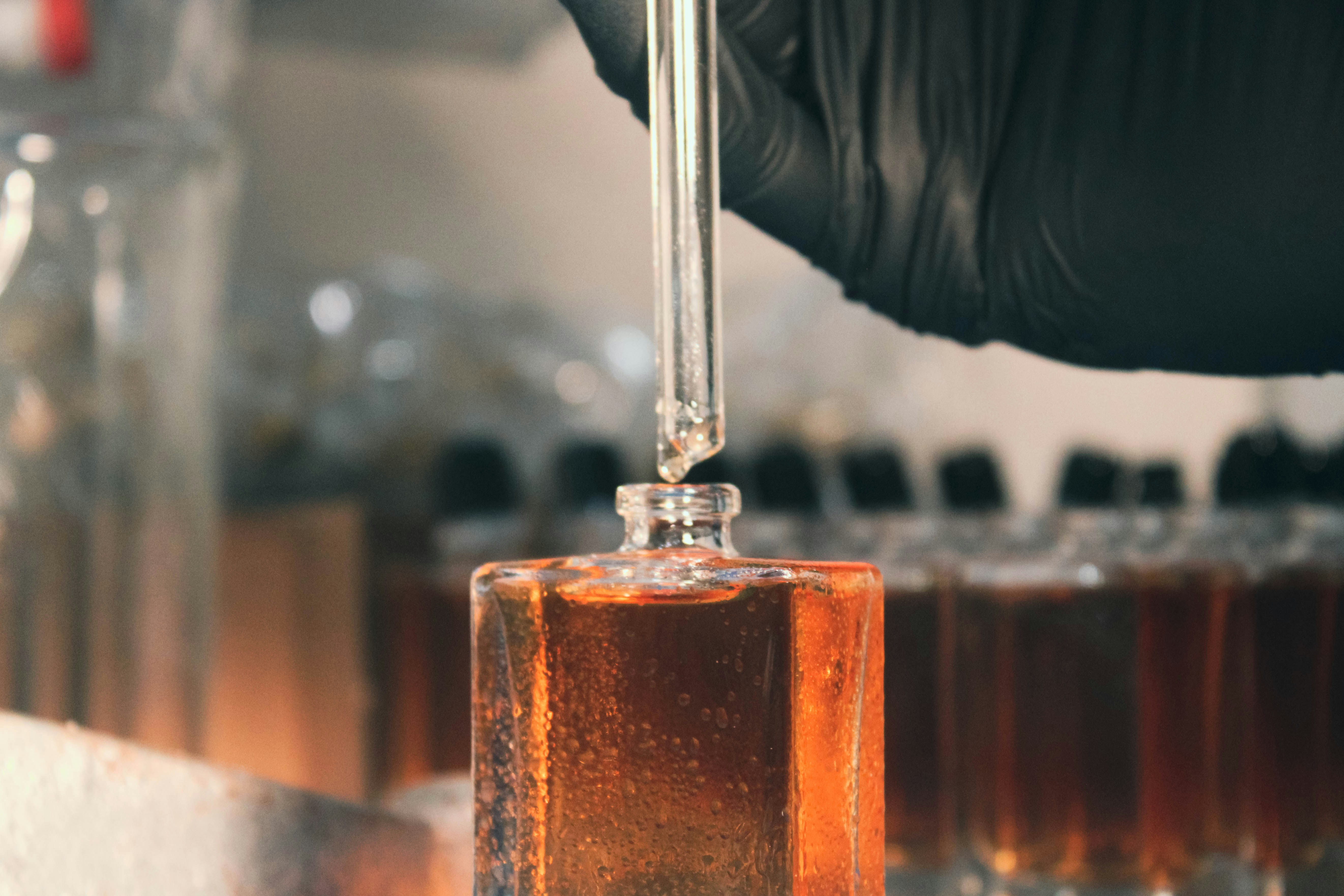
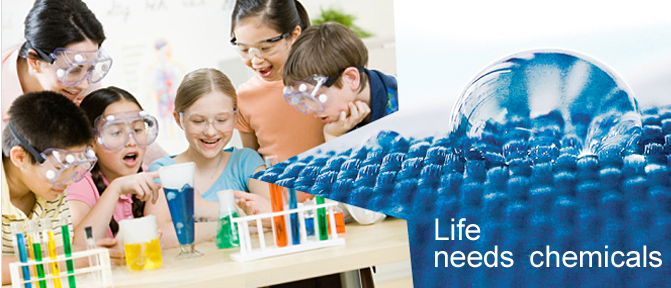
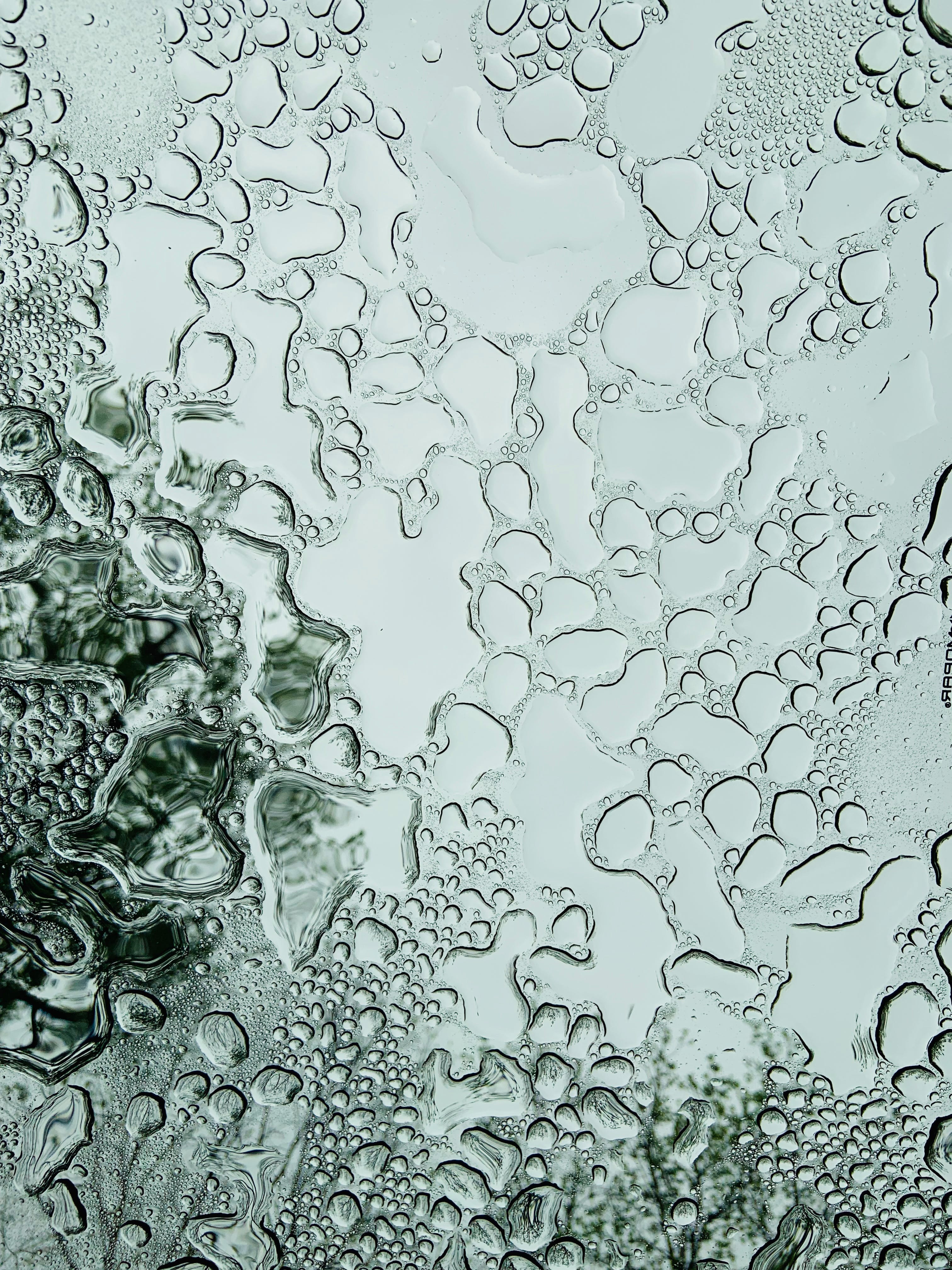

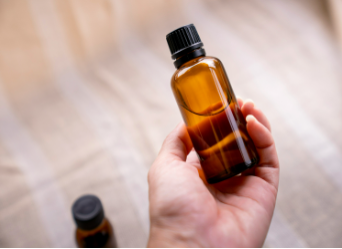



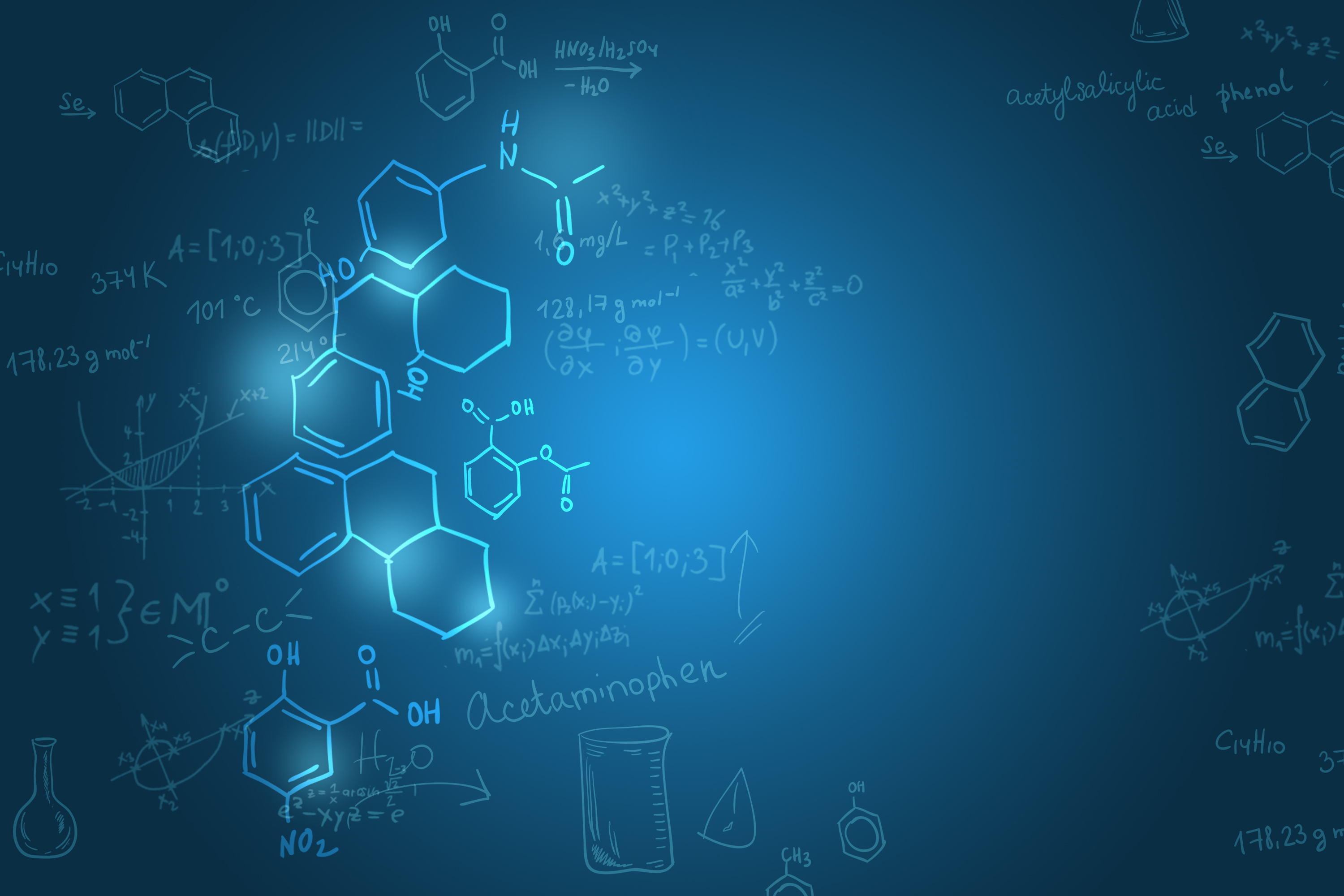

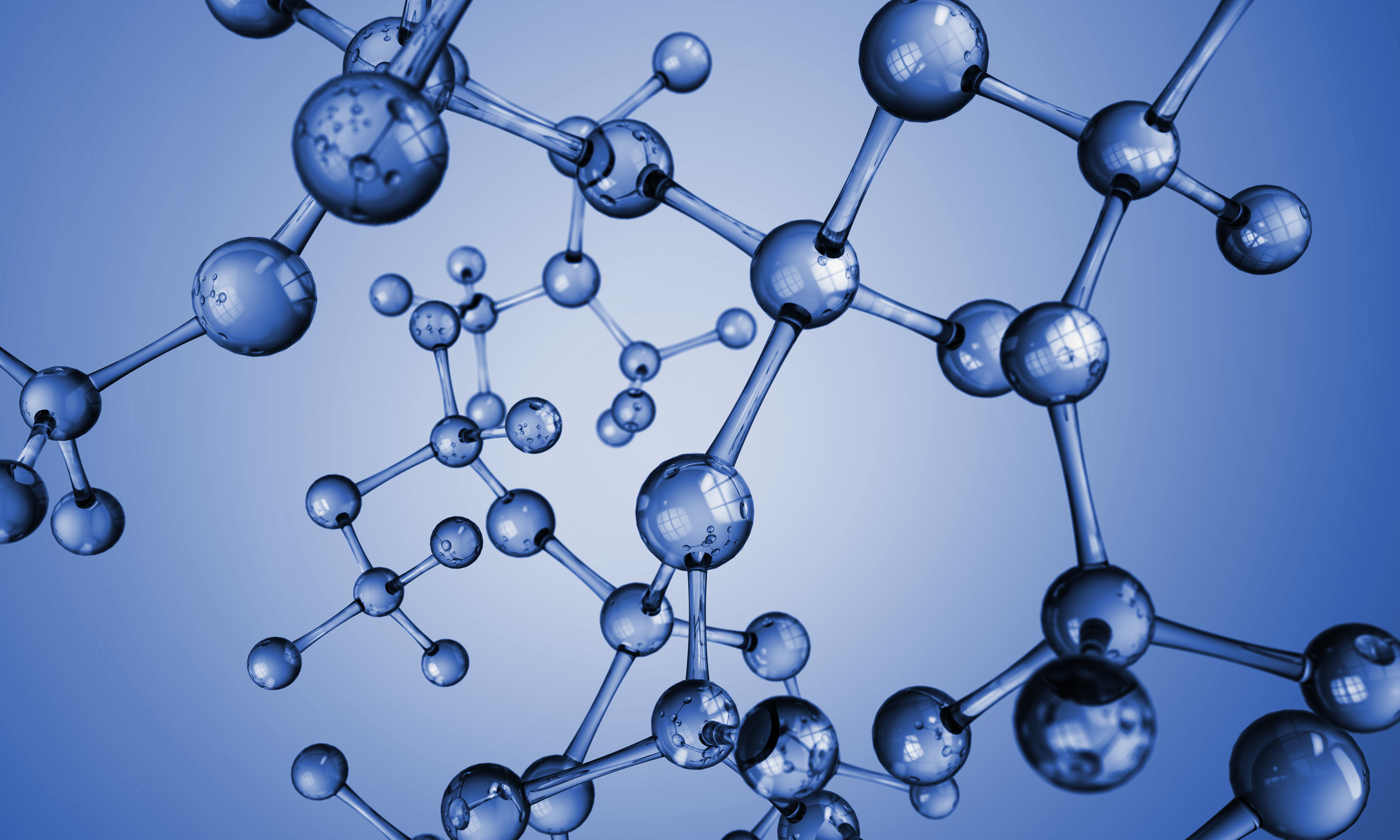










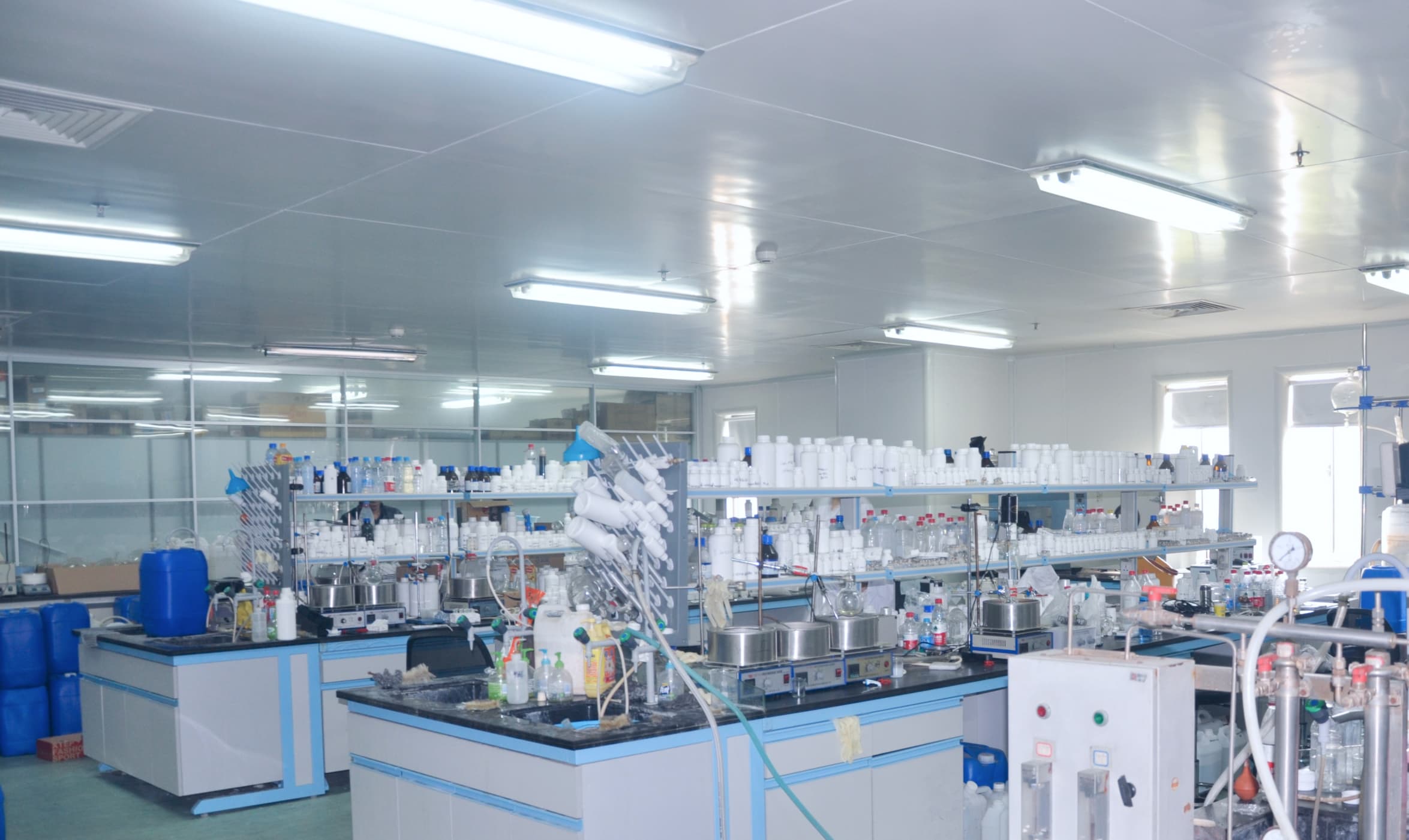


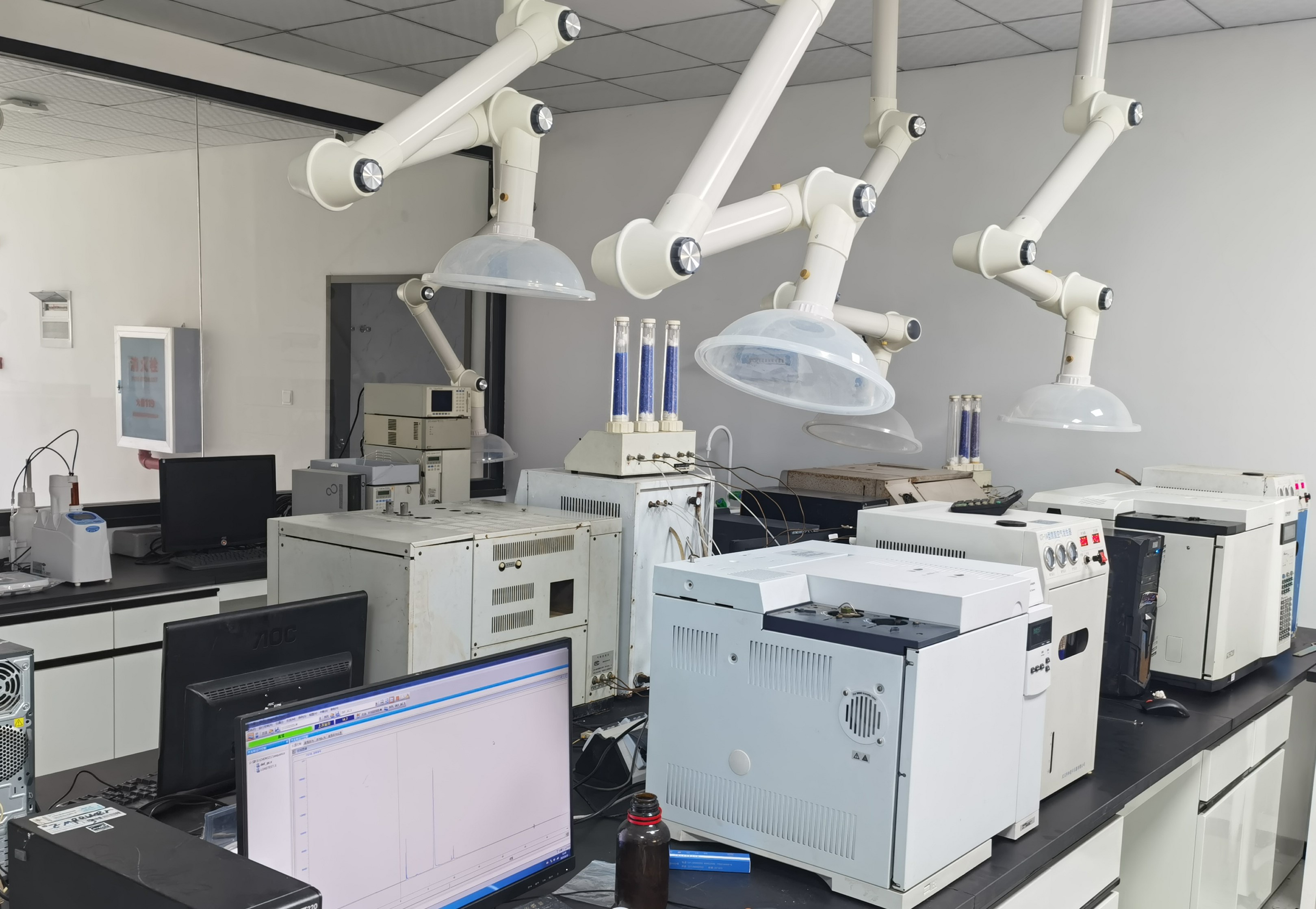
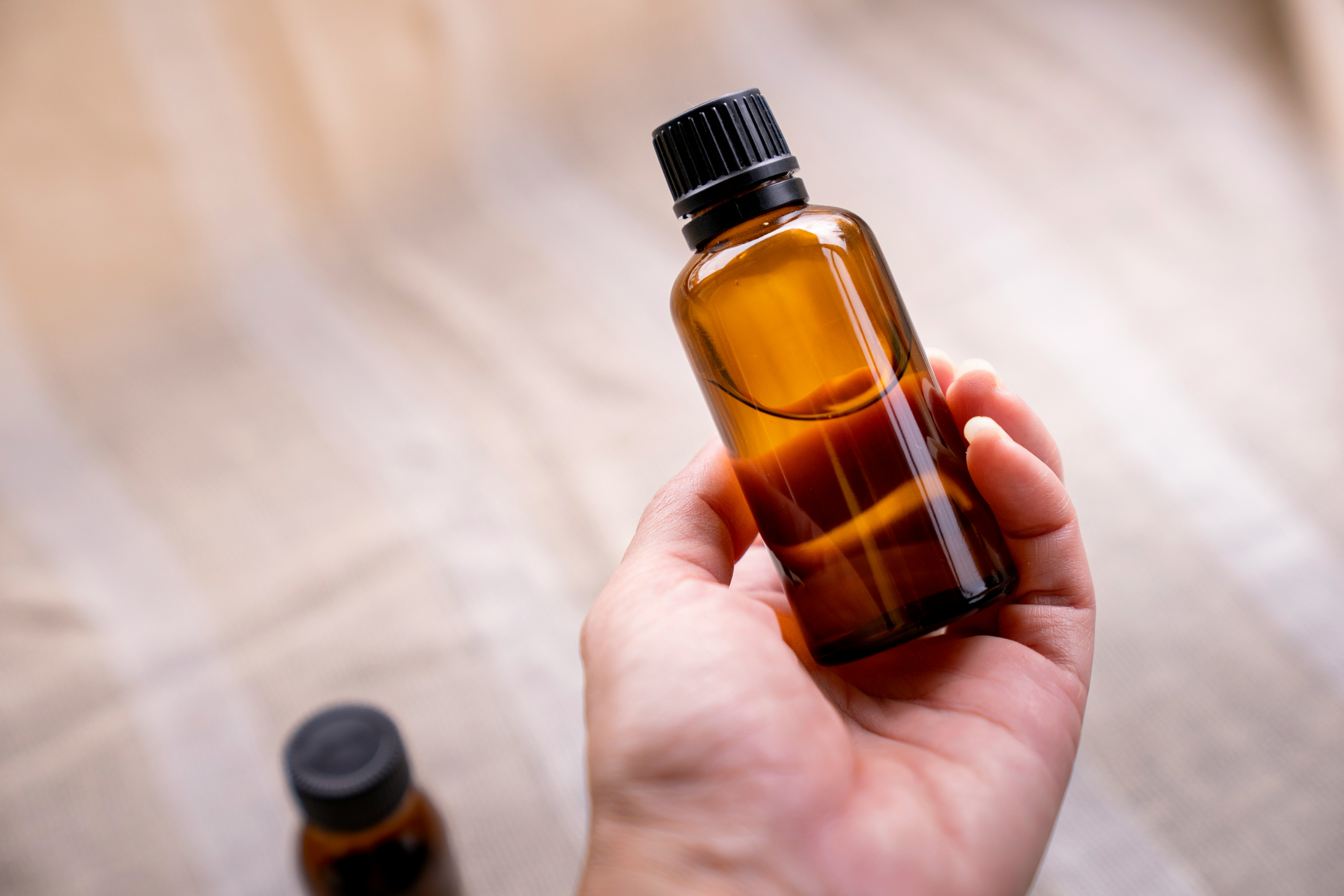
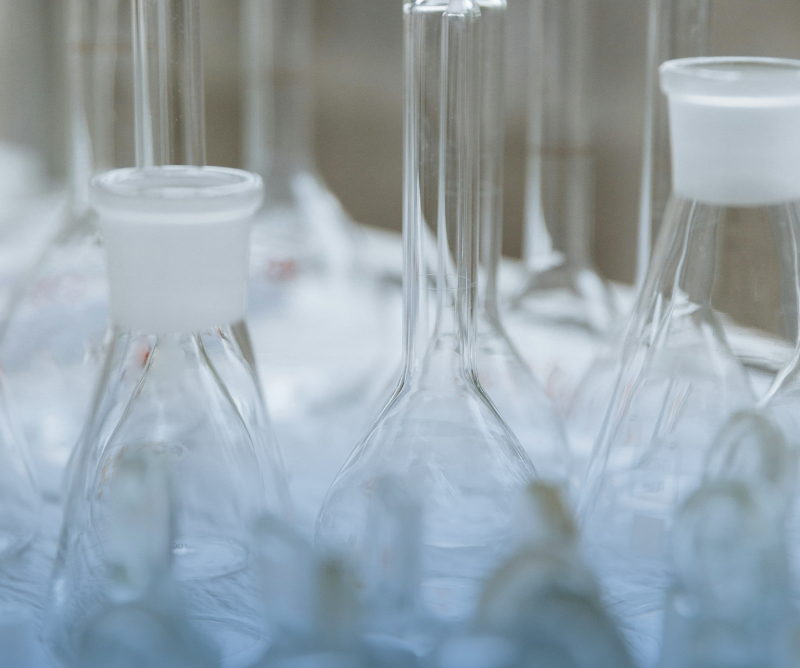

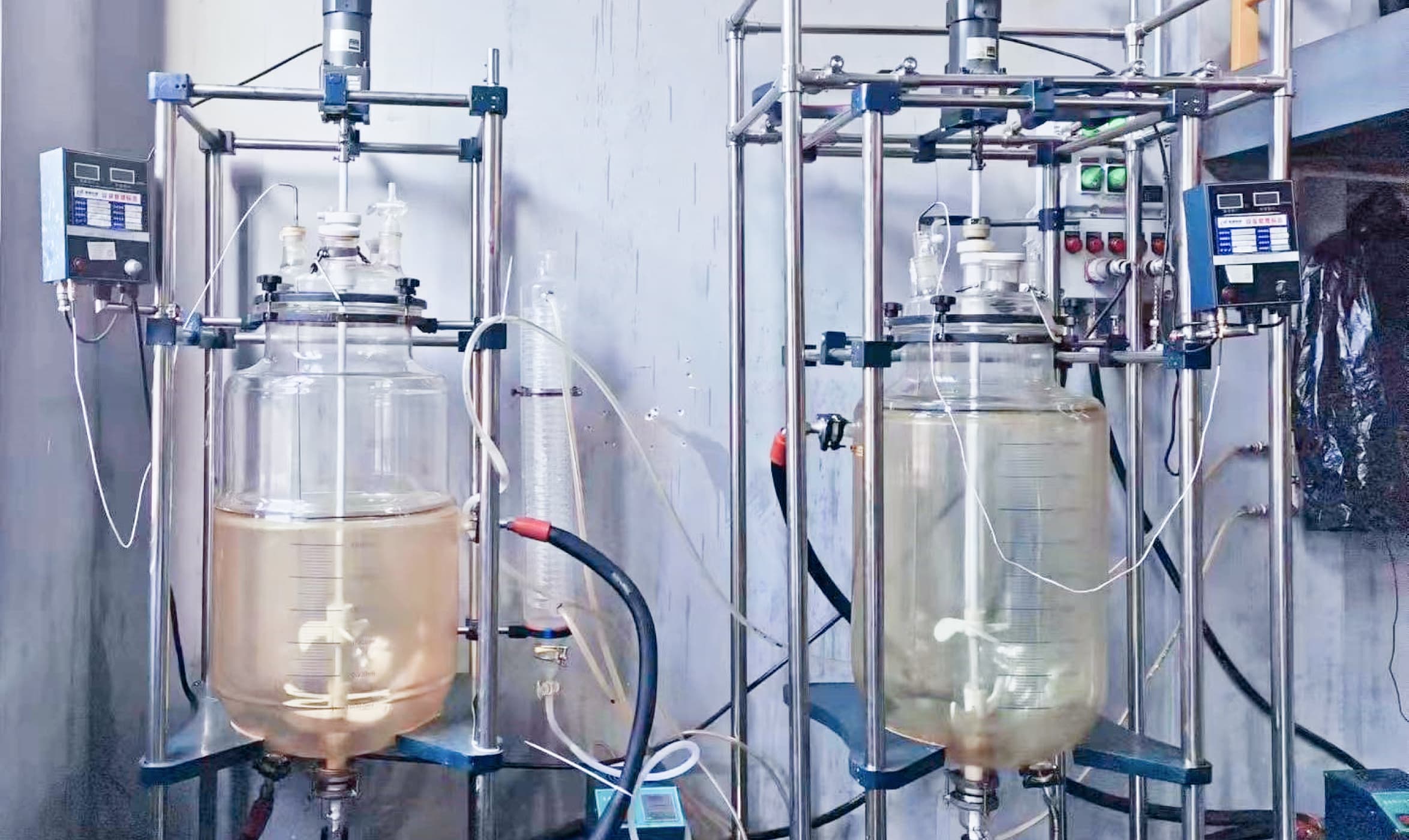
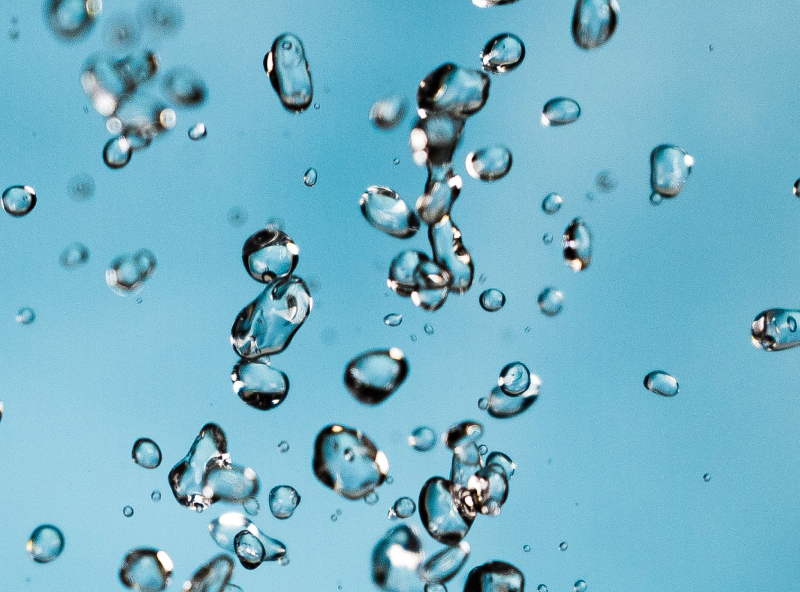


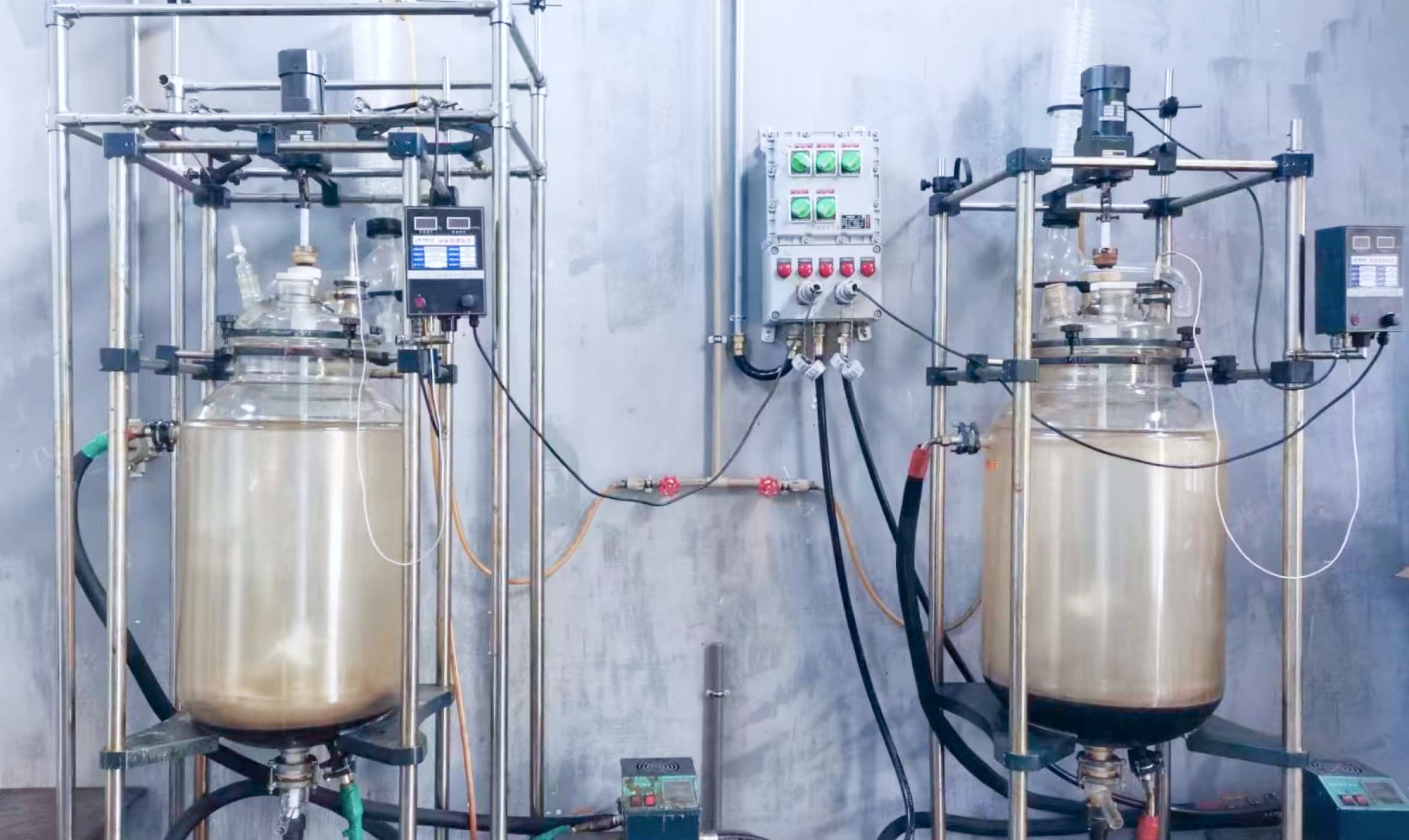
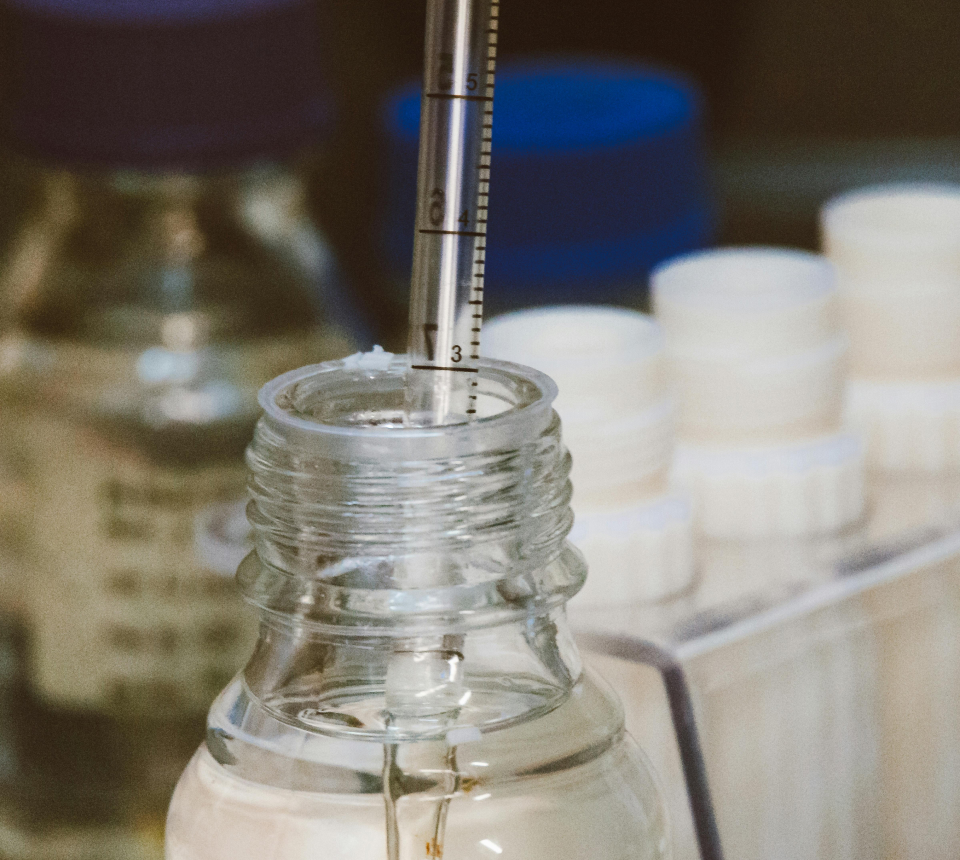
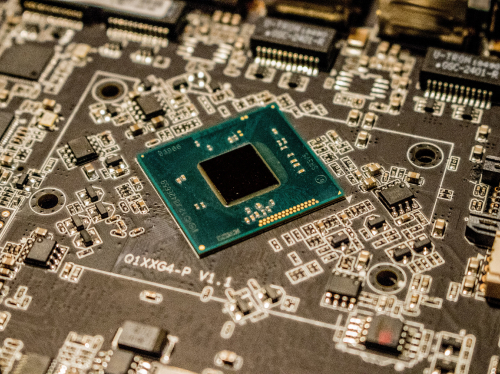




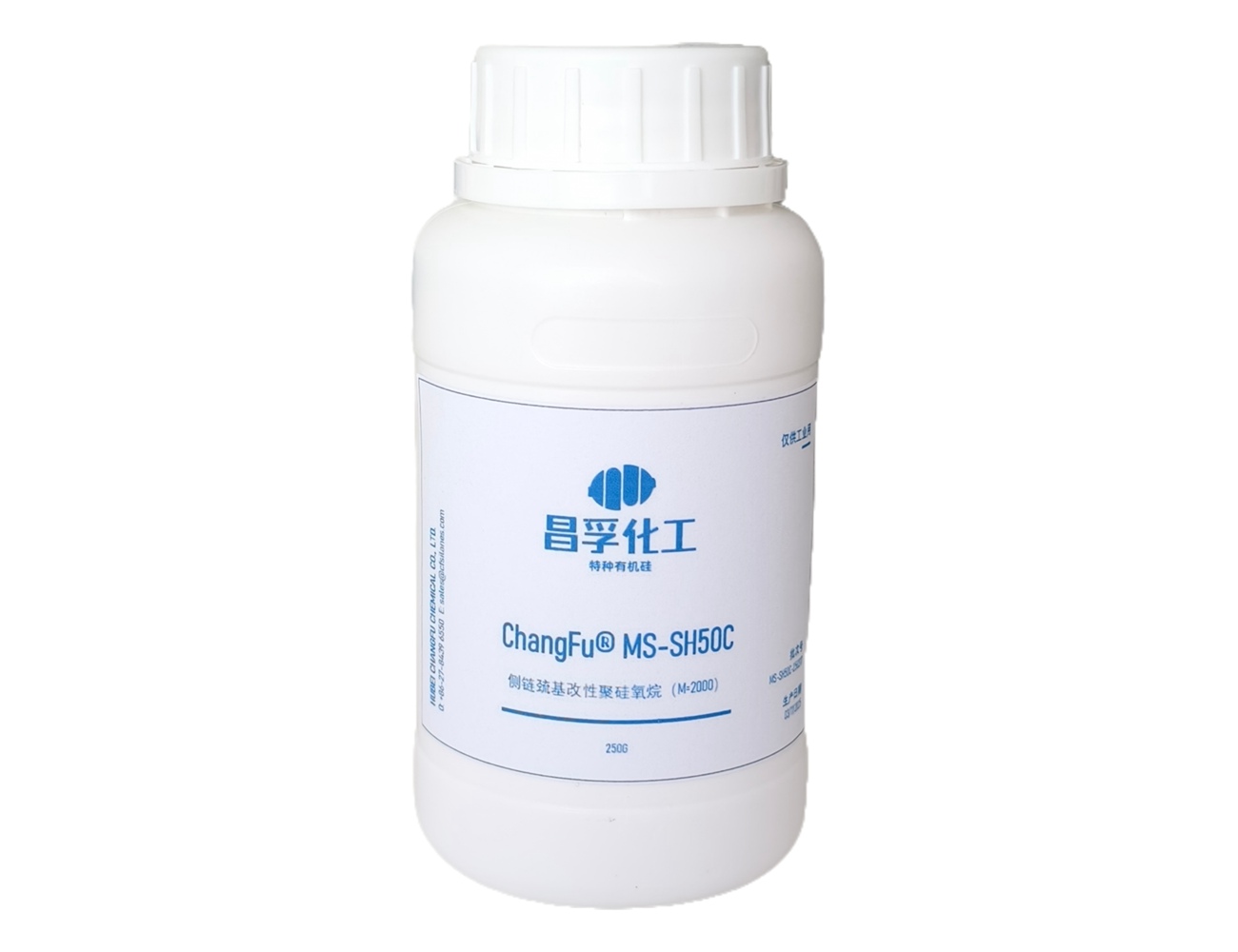



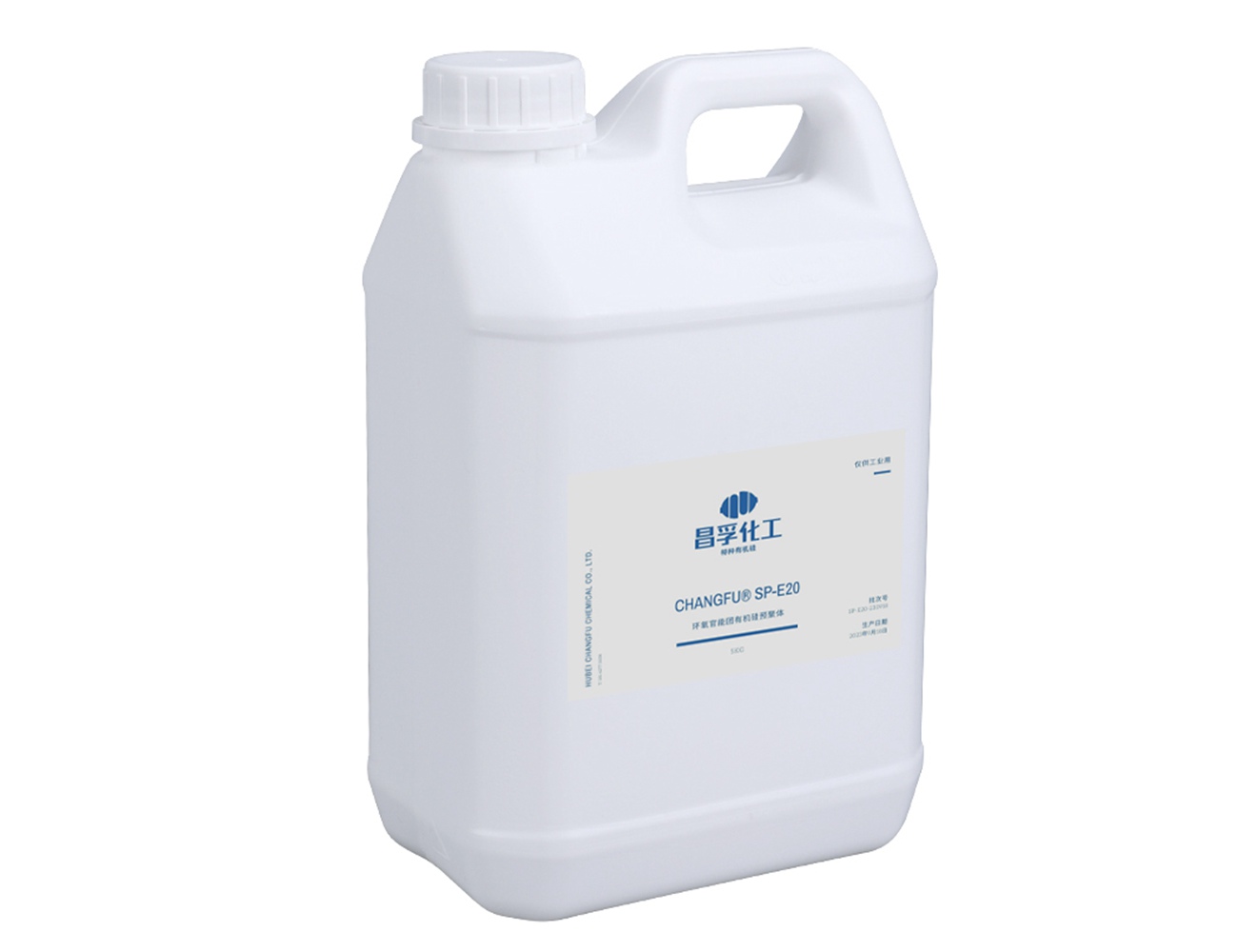
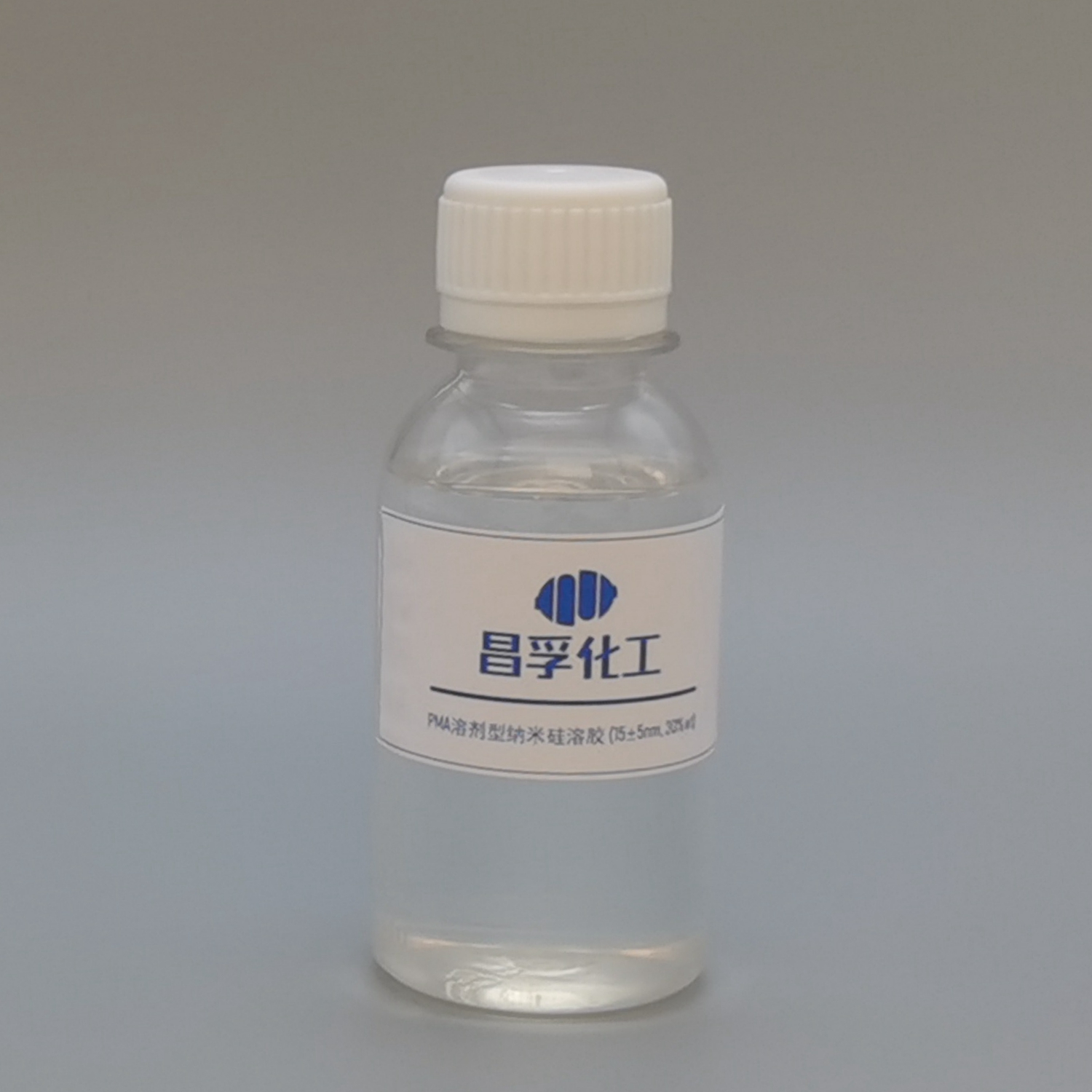
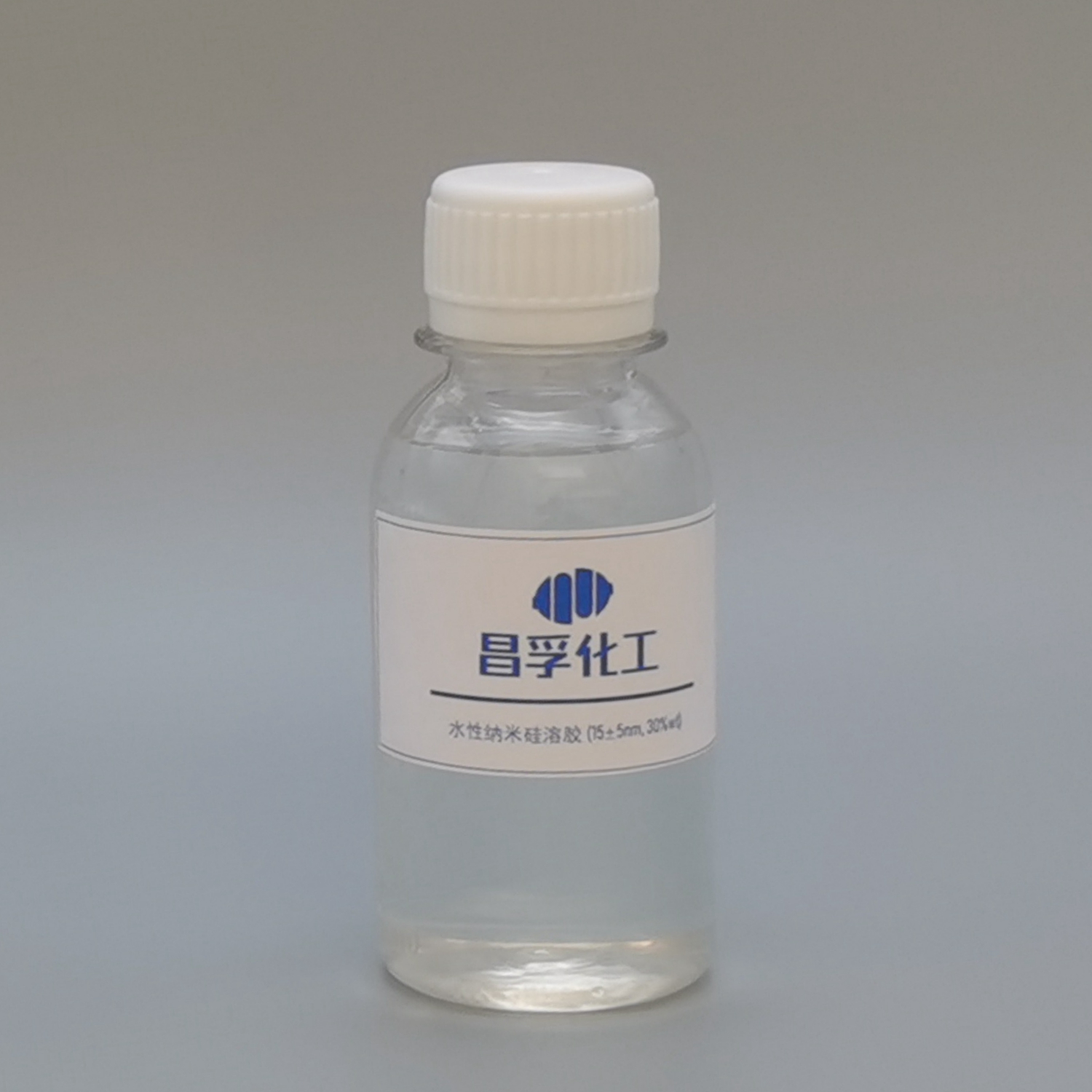

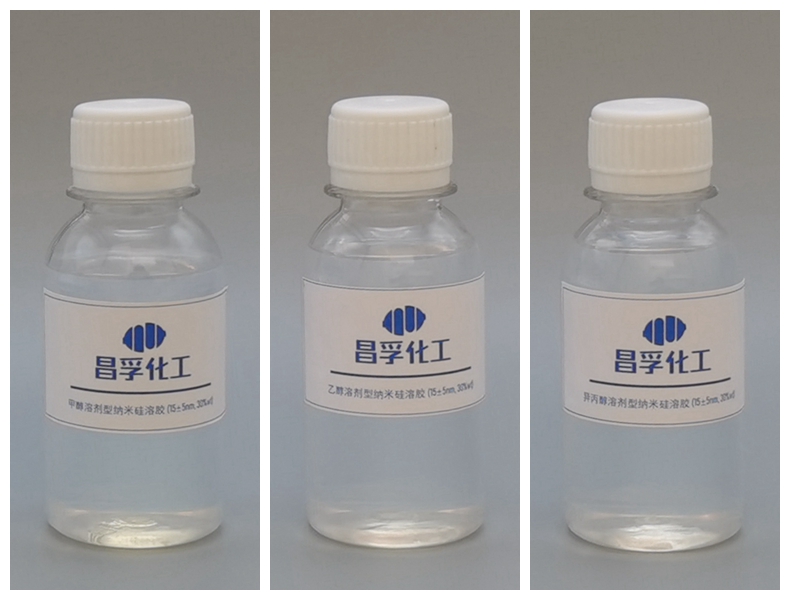
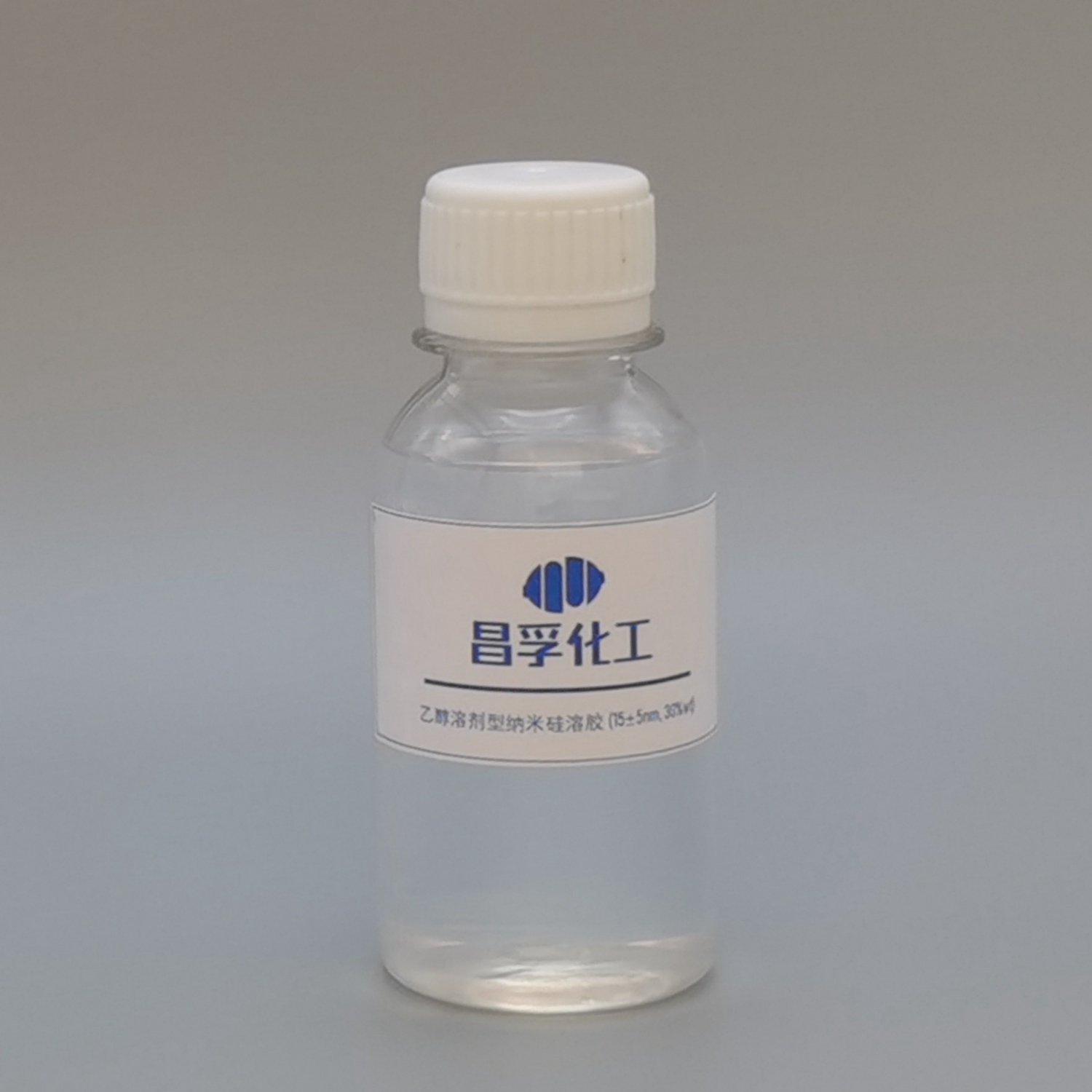
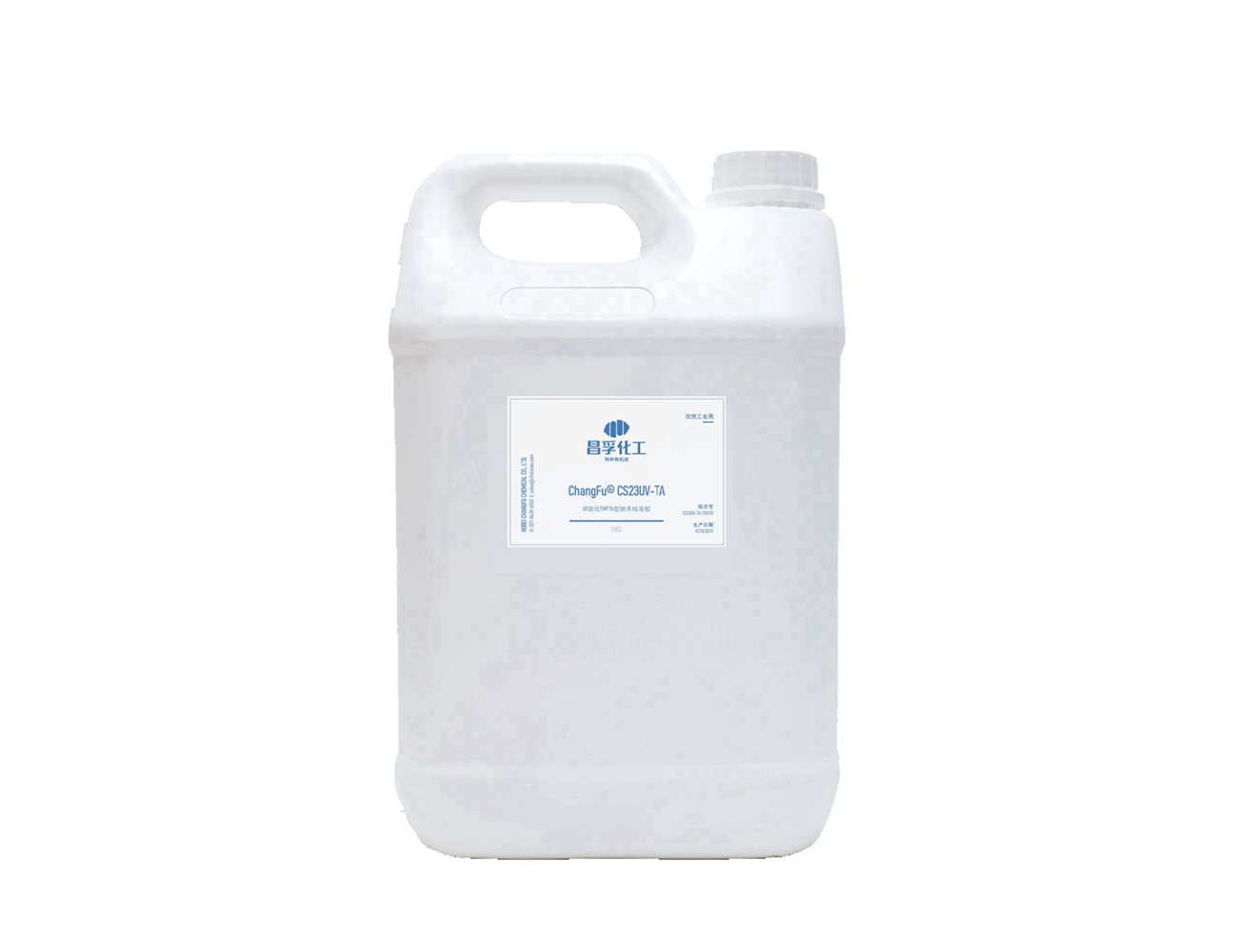
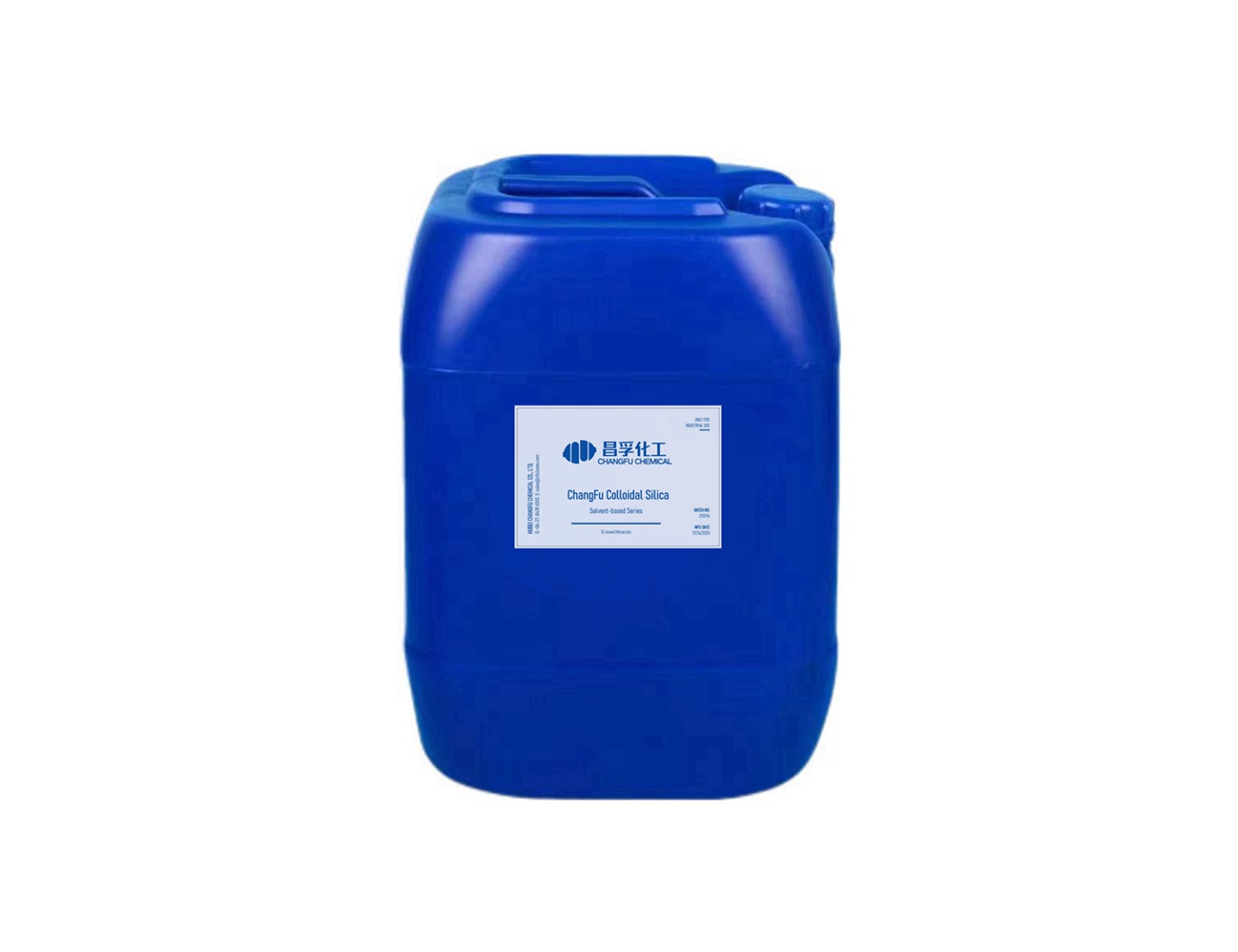


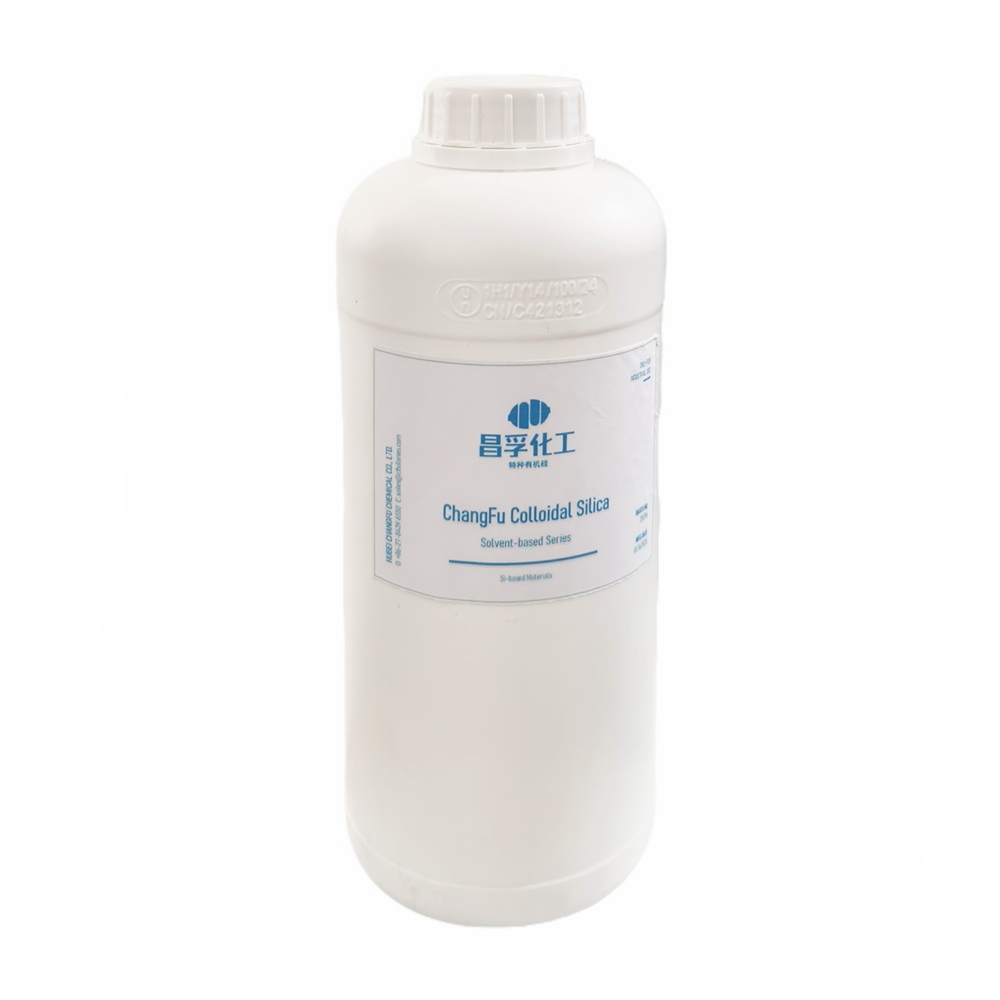


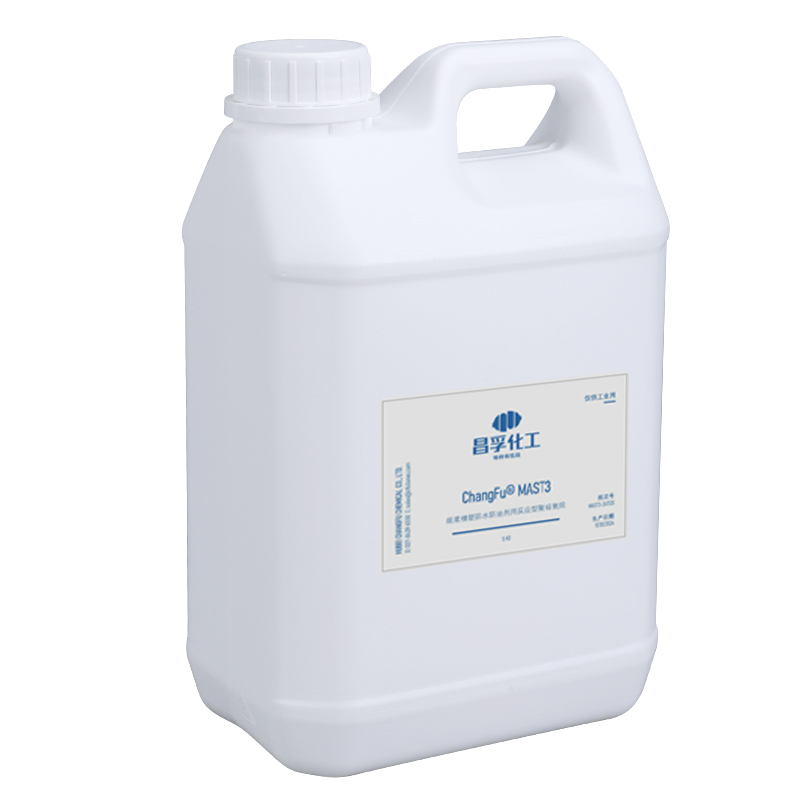












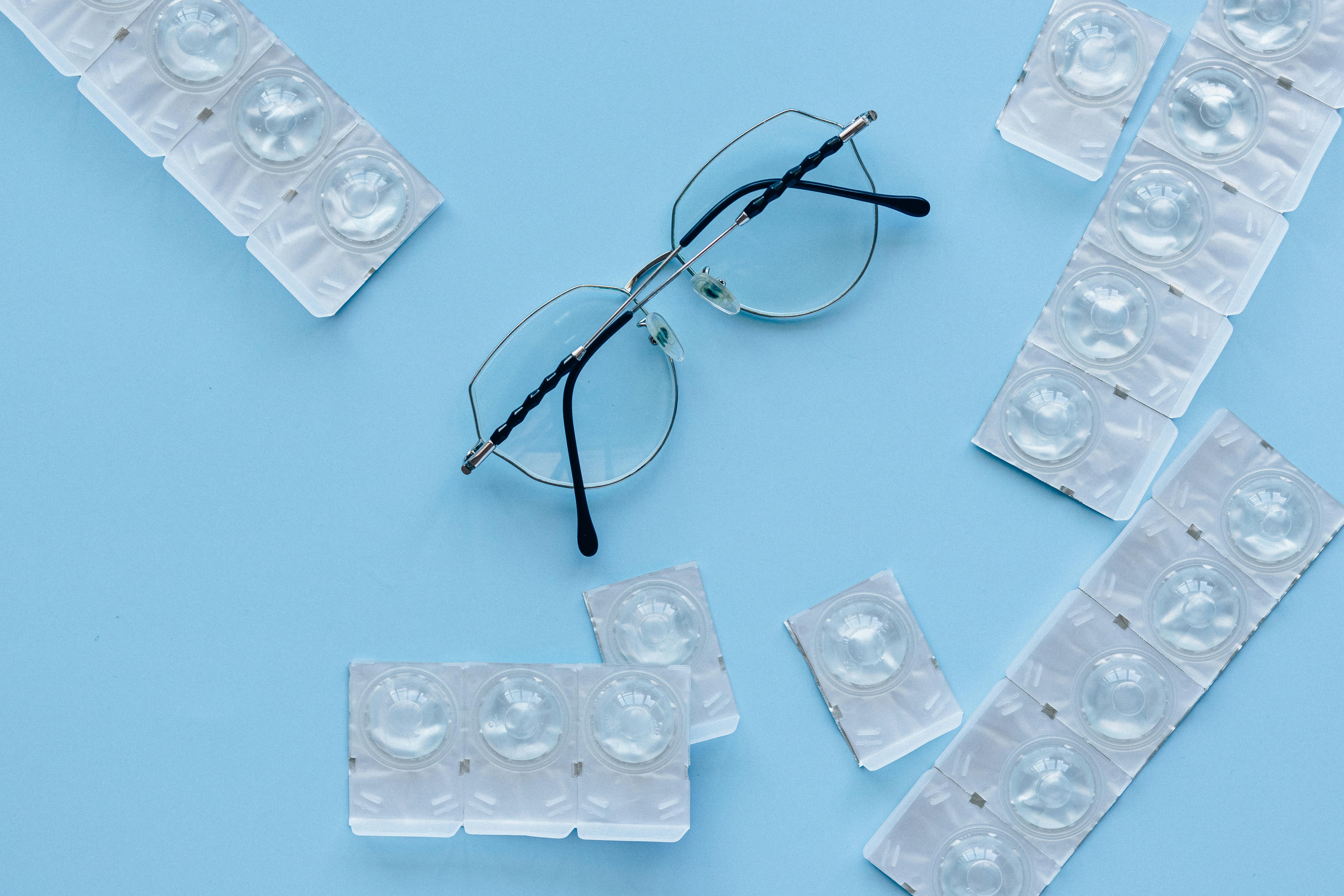
























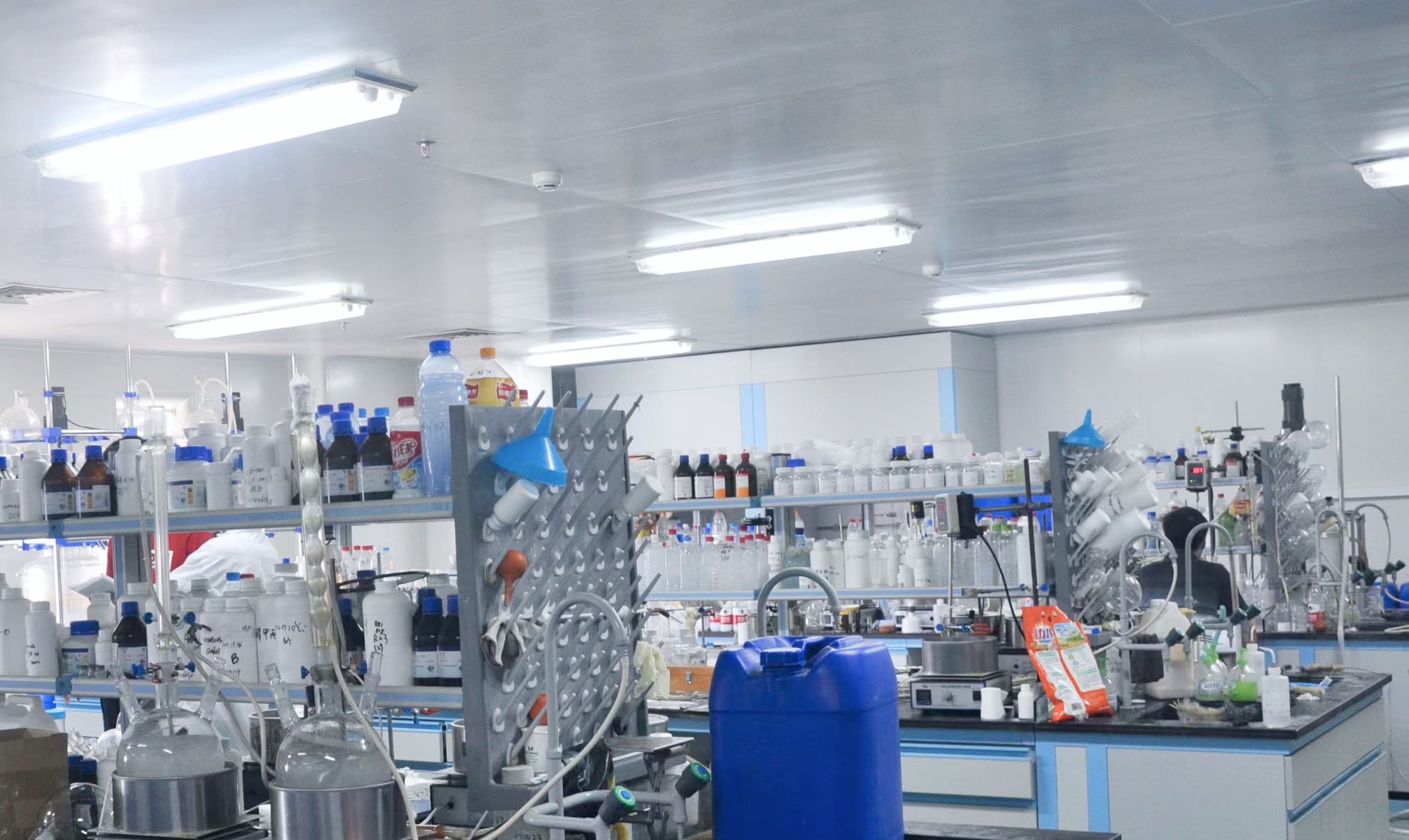

+86 27 8439 6550
+86 181 6277 0058
sales@cfsilanes.com
Optics Valley Bio-City
No. 666, Gaoxin Avenue
Hongshan District, Wuhan City

+86 27 8439 6550 | +86 181 6277 0058
sales@cfsilanes.com
Optics Valley Bio-City
No. 666, Gaoxin Avenue
Hongshan District, Wuhan City
Copyright © Hubei ChangFu Chemical Co., Ltd. All Rights



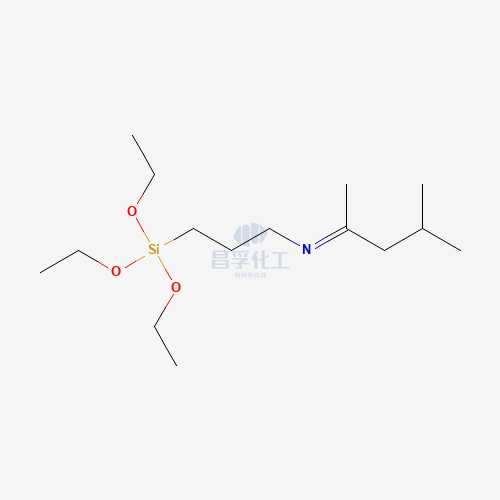
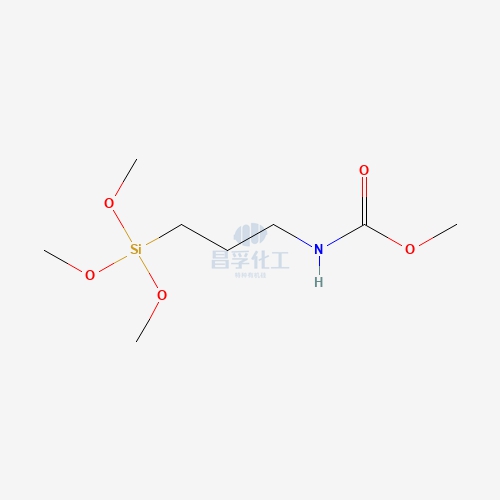
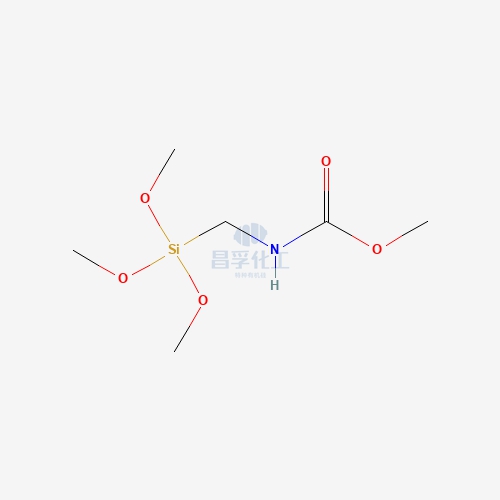
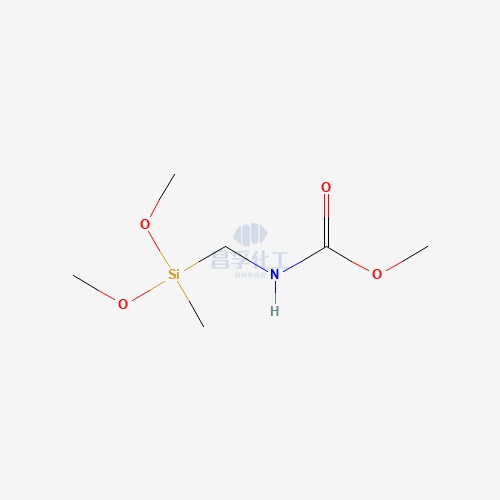
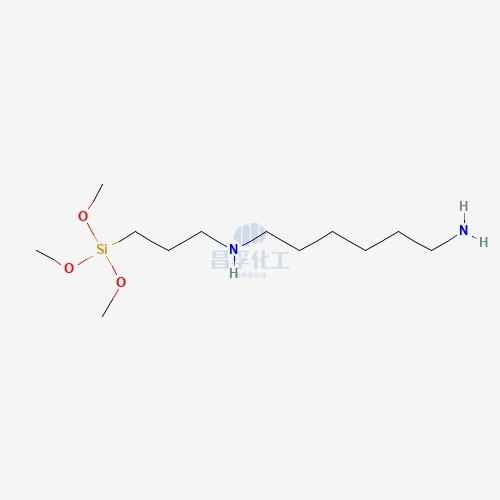
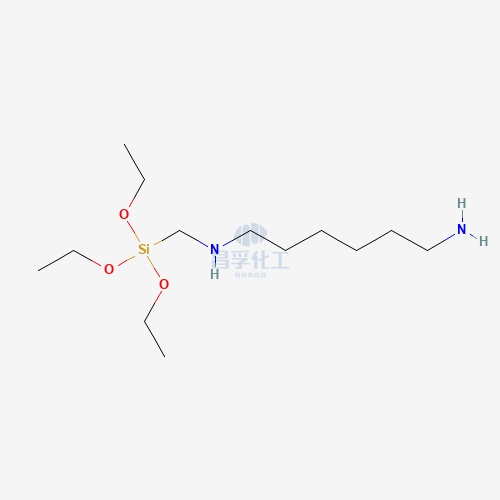
![N-[5-(Trimethoxysilylpropyl)-2-aza-1-oxopentyl]caprolactam CAS: 106996-32-1 106996 32 1 N-[5-(Trimethoxysilylpropyl)-2-aza-1-oxopentyl]caprolactam CAS: 106996-32-1 106996 32 1](https://cdn.yofishseo.com/1363882761272232/106996-32-1.jpg)
